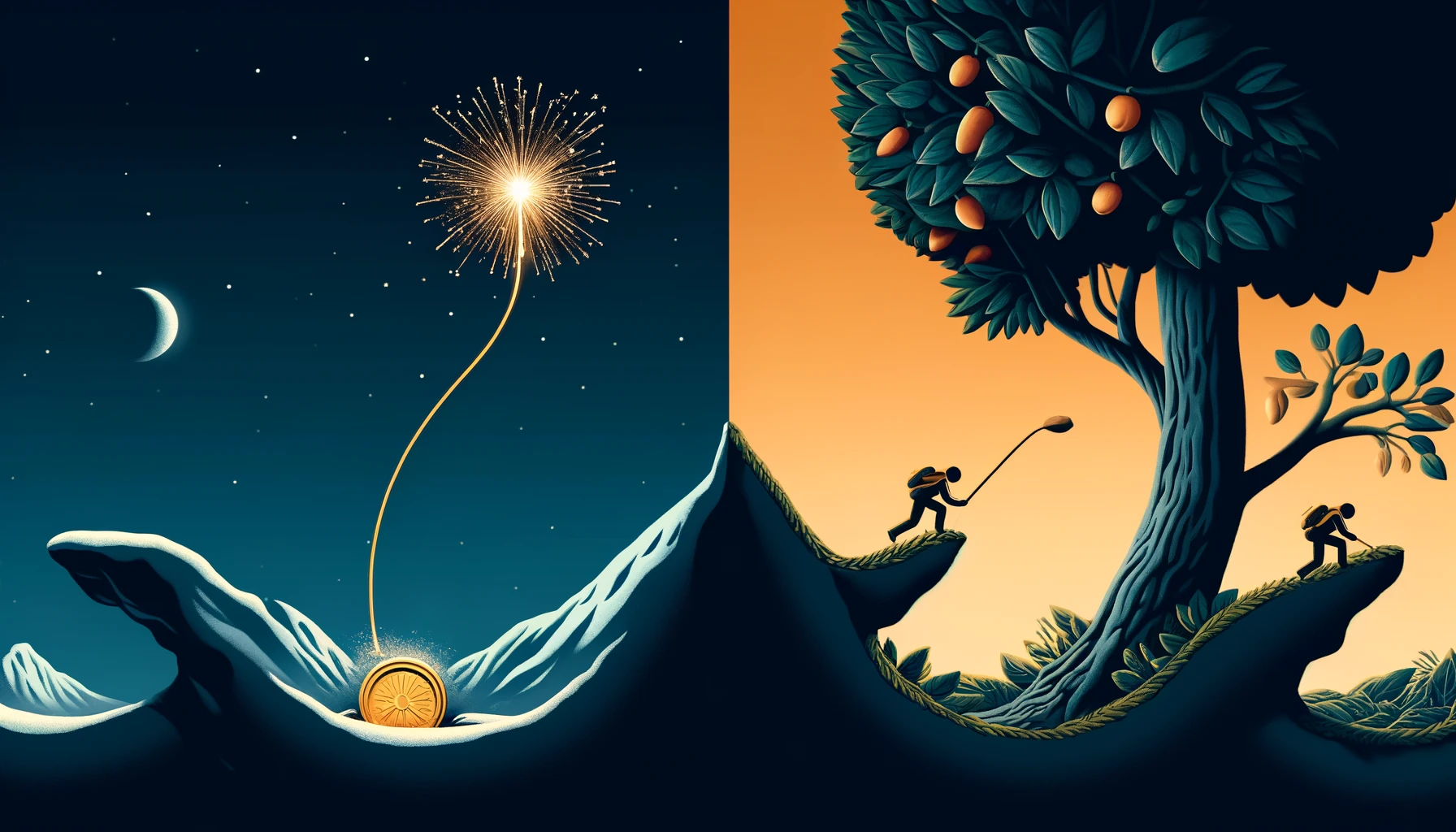
Instant Gratification and Positive Habit Formation
Your brain prefers instant gratification over delayed gratification because of evolution. Our reward pathways from 200,000 years ago have not changed to prevent extinction. Your brain would prioritize an immediate threat over a possible outcome in the future.
Even though the pleasure from bad habits might feel good in the moment, the aftermath mostly consists of undesirable consequences.
Usually, in today's modern age, the formula for this phenomenon can be described as the following: the greater an immediate gratification experience is, the greater are the negative consequences and vice versa.
This might sound like there could be no good news to this, but there actually is. If we want to accelerate our outcomes in terms of implementing good habits in our day-to-day life, we can use human nature to our advantage.
All we have to do is add a little bit of instant pleasure into our good habits. To be precise, at the ending phase, thus making it more compelling for your brain.
The reward is supposed to align with your identity, so if you’re trying to eat healthy, the reward for eating some vegetables shouldn’t be a big pizza and other fast foods.
A more appropriate reward could be some berries or other fruits with some yogurt.
The more you stay consistent with your desired habit, the more your desired identity manifests in reality.